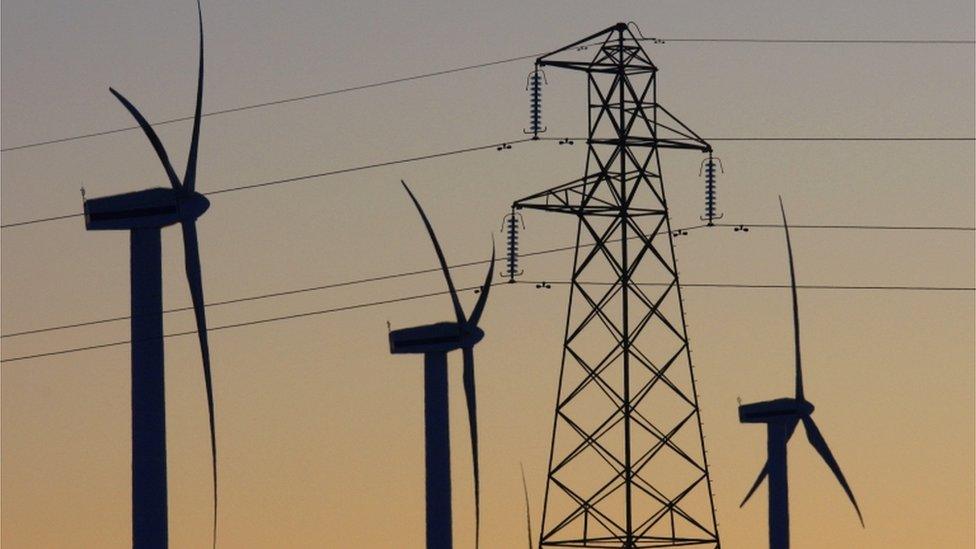Trader Trump ups his steak
- Published
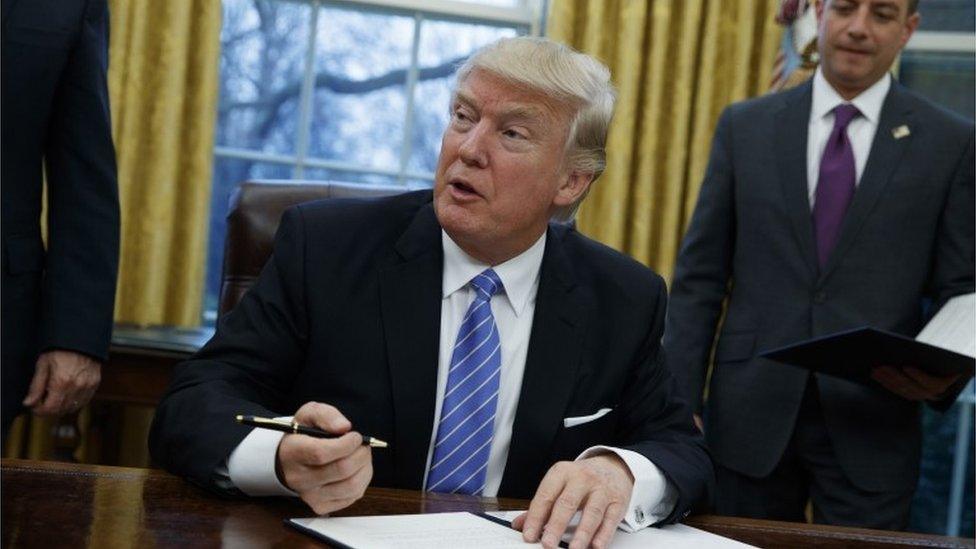
The tussling over Brexit is back, with Scottish export figures that show two things, depending on one's perspective.
Conservatives emphasise the importance of sales from Scotland to the rest of the UK - four times greater than the value of sales to the rest of the EU in 2015.
But, points out the Scottish government, the size of the total European Union market is around eight times bigger than the size of the market across England, Wales and Northern Ireland.
To understand the difference, one side is measuring actual sales: the other potential for sales. Take your pick. They are, in a way, alternative facts.
What the export figures show us, external once more is that, unlike England and Wales, it is the United States that is Scotland's biggest single export market.
Trump steaks
Which brings us to President Trump. One of the stranger business exploits to which he has given his name is the selling of Trump steaks. They were, of course, "the world's greatest".
The steaks didn't work out well. This was about re-labelling, branding and charging top dollar but didn't work with the Trump brand's opulence and bling.
But it does remind us that the new president is a salesman, and he recognised that a slab of beef is as much part of the American story as the skyscraper.
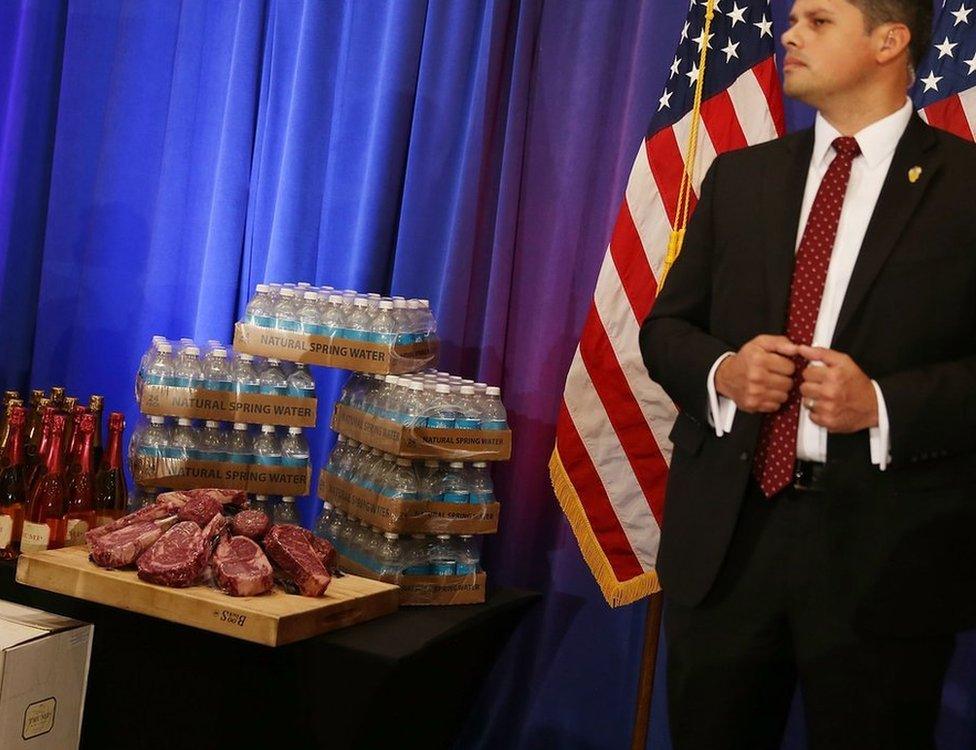
One of the stranger business exploits to which the US president has given his name is the selling of Trump steaks
Theresa May may wish to keep that in mind when she visits the White House, eagerly pushing to stay at the "front of the line" to get a quick trade deal as Britain exits the European Union.
What she might easily agree with Donald Trump is that tariffs should come down. Washington's army of lobbyists may not agree so readily. But more difficult are the non-tariff barriers to trade.
These can be regulatory requirements - for safety of products, for instance, for provenance, distribution requirements, or for minimum labour standards.
And that gets very close to home when it comes to food standards and food safety, animal welfare and permitted ingredients.
The Americans can put up the barriers to protect their own, in the name of food safety. Although France last week joined Ireland in regaining approval for beef and lamb sales to the US, for the first time since BSE took off, Britain still does not. No haggis. No genuinely Aberdeen Angus or Barnsley chops.
But in trade talks, the powerful agricultural lobby in Washington can push very hard to batter down barriers to other markets.
And that's where the talk of quick trade deals hits a harsh and sometimes unappetising reality.
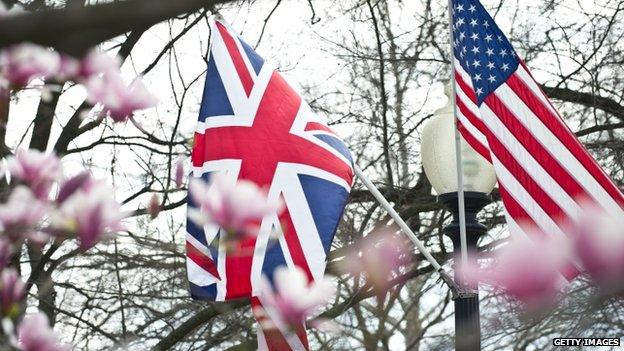
BBC Radio 4's Today programme this week illustrated the point, in an interview with Bob Young, chief economist with the American Farm Federation.
He explained that the science is - as he describes it - on the Americans' side in the use of growth-enhancing hormones to bulk up beef cattle.
Washing chickens in a chlorine solution is not allowed in the European Union, but it is in the US.
Crops can be genetically modified, allowing for more efficient production and the ability to undercut producers in countries which do not allow them - and neither do they allow hormones in beef or chlorinated chicken.
Trade talks
Mr Young left listeners in no doubt that this influential lobby group would certainly be pushing for the UK to bend to US standards if and when it comes to trade negotiations.
He didn't discuss subsidies, but the US will certainly push for lower government subsidy for its agriculture. That's at a time when the nod to British farmers from the British government is that they should be no worse off under the replacement for the Common Agriculture Policy.
Asked subsequently if British farmers would be happy to accept US standards, the head of strategy for Britain's National Farmers Union had two opinions: one, that there should be no market access using farming techniques that are not allowed in Britain, and that the consumer will have to be persuaded that products are safe.
Food production is only one among many, many items that would have to be considered in trade talks between the UK and the US. If the British don't realise that, it may be because there has been no experience of trade negotiating, except through Brussels, for 40 years.
And if Theresa May is going to Washington thinking Donald Trump will want to do Britain a favour with a new trade deal, she should listen again to his inauguration speech: "America First, America First".

Who does Scotland trade with?
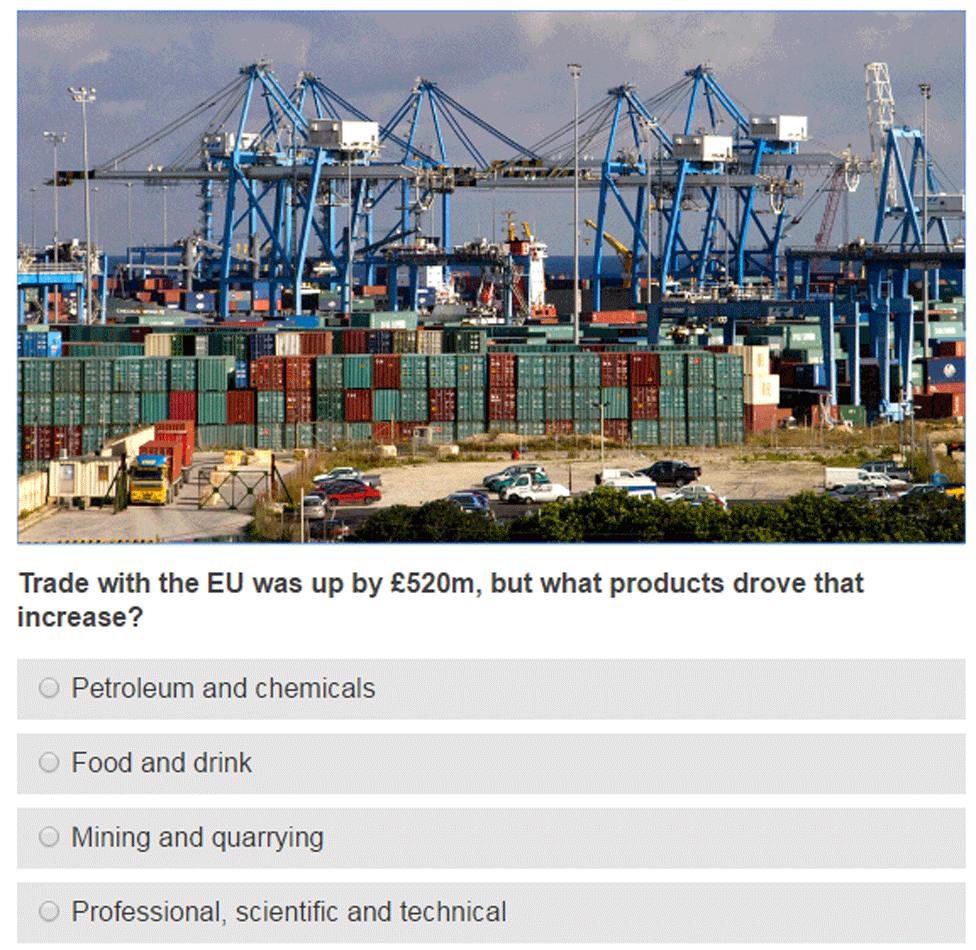
- Published25 January 2017
